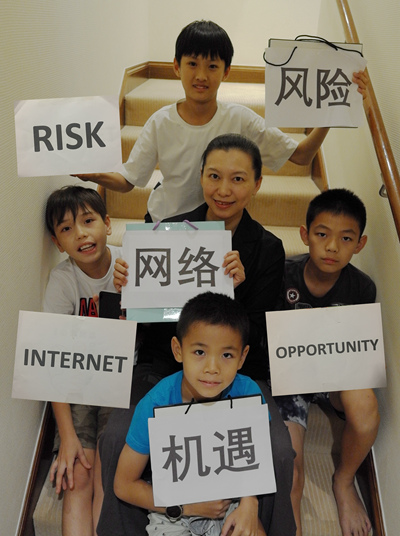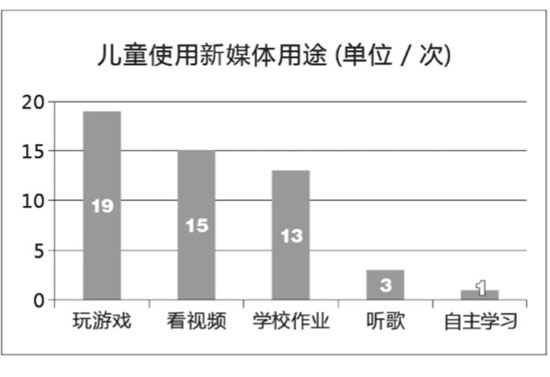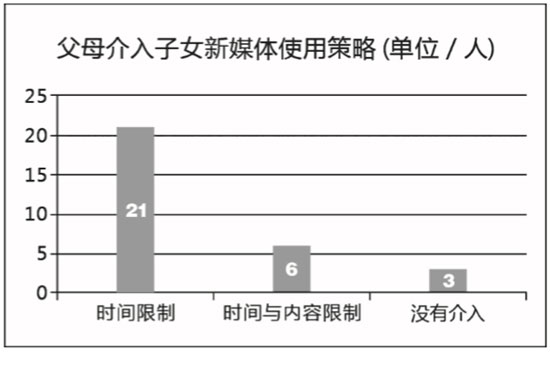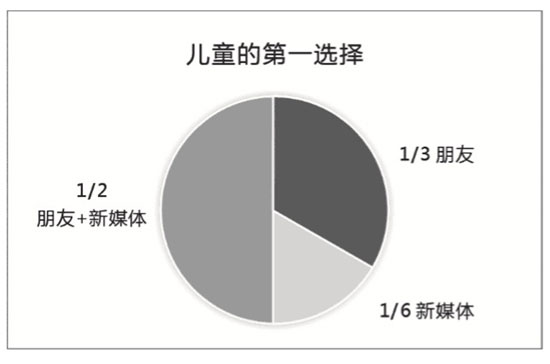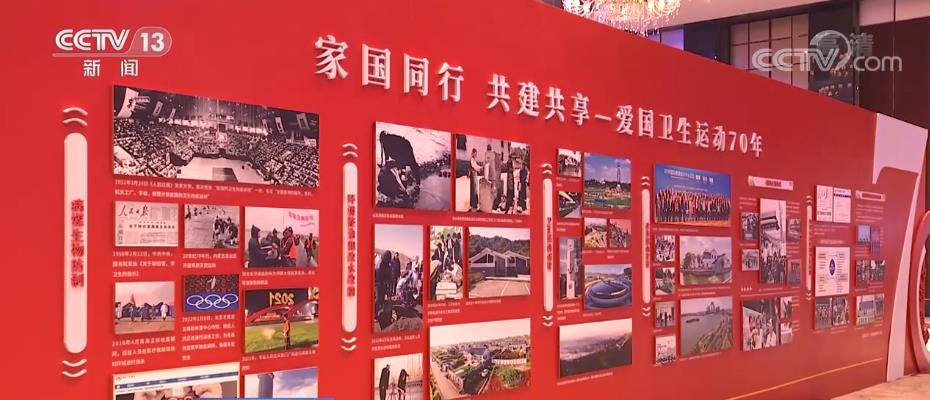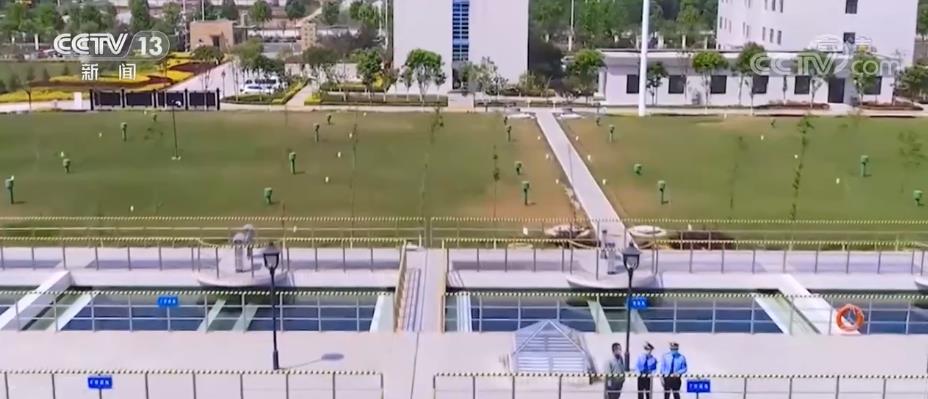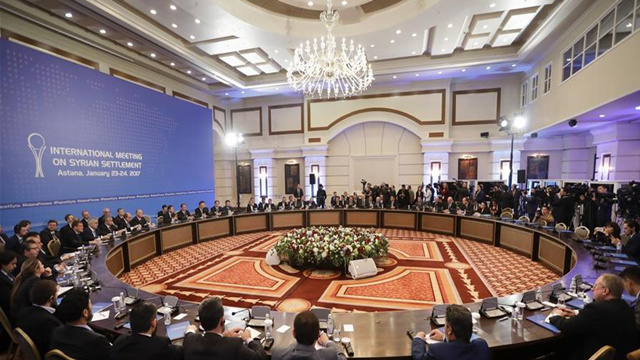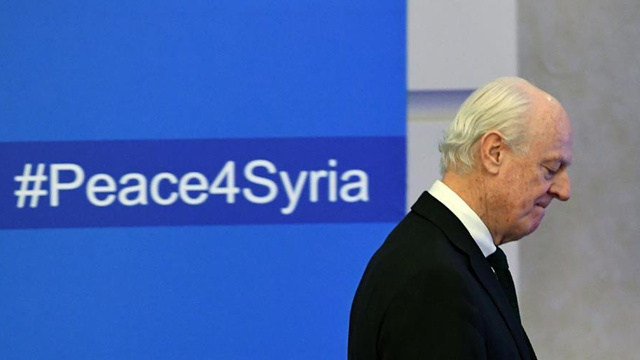It is related to the economic work in the second half of the year, and the latest deployment of multi-departments in the State Council!
On July 31st, the executive meeting in the State Council emphasized that it is necessary to anchor the annual development goals and tasks, profoundly understand the scientific judgment of the CPC Central Committee on the economic situation, and consolidate and expand the good momentum of economic recovery. Recently, many departments in the State Council made arrangements for the work in the second half of the year.
National Development and Reform Commission
● Do a good job in situation analysis and judgment, do a good job in policy pre-research and reserve with the focus on stabilizing employment and expanding domestic demand, and strengthen the consistency of macro-policy orientation.
● Expand the investment increment, strengthen the full-cycle management of government investment projects, focus on stimulating the vitality of private investment, promote the "two-fold" construction with high quality, and implement the "two new" policies by improving quality and efficiency.
● Promote the "artificial intelligence+"action to go deep and practical, promote the high-quality development of low-altitude economy, and stimulate the innovation vitality of digital economy.
● Deepen the construction of a unified national market, break the "involution" competition, deepen the reform of the bidding system, standardize the local investment behavior, and promote the healthy and high-quality development of the private economy.
● Make overall plans for "bringing in" and "going out" and jointly build the "Belt and Road" with high quality.
● Promote green and low-carbon development through comprehensive transformation of carbon emission control, and accelerate the establishment of a new mechanism for comprehensive transformation from energy consumption control to carbon emission control.
● Carry out urban renewal with high quality, deepen the urbanization of agricultural transfer population and promote the comprehensive revitalization of rural areas.
● Make greater efforts to stabilize employment and solidly safeguard the security of key areas such as food, energy and industrial chain supply chain.
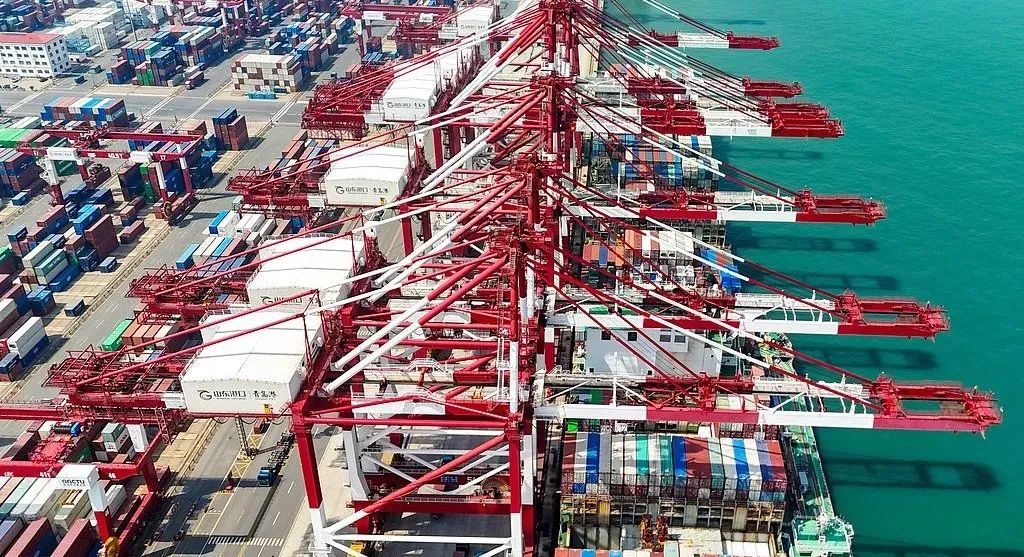
Ministry of Industry and Information Technology
● Implement a new round of steady growth actions for ten key industries. Accelerate the development and application of artificial intelligence terminals, ultra-high-definition videos, smart wear, drones and other technologies. Accelerate the efforts to clean up the arrears of corporate accounts. Continue to maintain the steady development of the tobacco industry.
● Fully promote the independent control of key industrial chains and strengthen the protection of strategic mineral resources. Continue to do a good job in industrial transfer docking activities and promote the optimization of the global layout of key industrial chains.
● Do a good job in the implementation of major national science and technology projects and key national R&D plans. Improve industrial development policies such as humanoid robots, Internet of Things, and high-end instruments and meters. Optimize the layout of national defense science, technology and industry. Promote the construction of industrial science and technology innovation corridor in Harbin, Changsha and Shenyang.
● Strengthen the recycling management of power batteries for new energy vehicles and lithium-ion batteries for electric bicycles. Strengthen the work of safety in production and completely complete the relocation and transformation of hazardous chemicals production enterprises.
● Consolidate the comprehensive improvement effect of "involution" competition in the new energy automobile industry, strengthen the governance of key industries such as photovoltaics, and force backward production capacity to withdraw by raising standards.
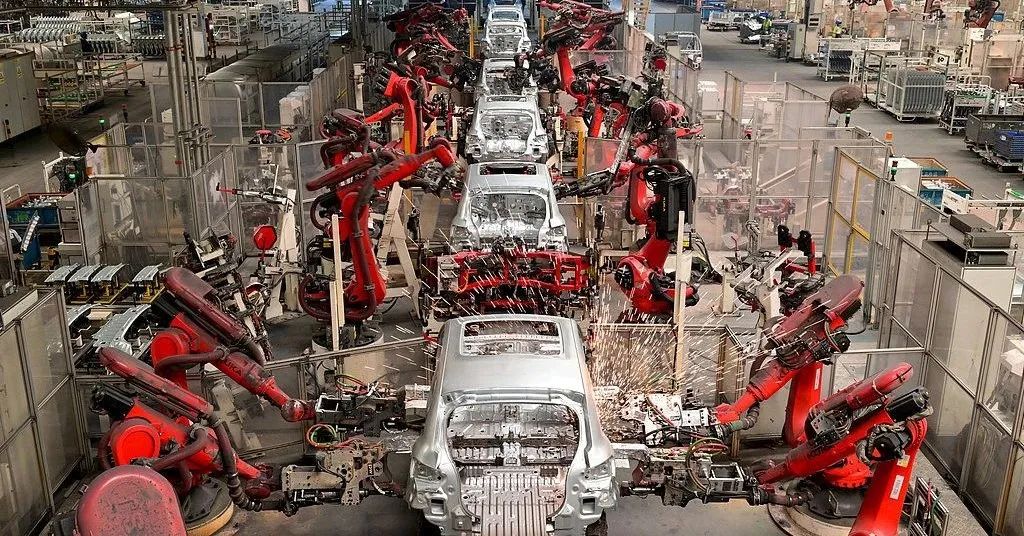
the Ministry of Finance
Make full use of a more active fiscal policy
● Accelerate the issuance and use of ultra-long-term special government bonds and local government special bonds, and form physical workload as soon as possible.
● Implement various fiscal and taxation policies to help enterprises.
● Coordinate the use of policy tools to support the transformation and upgrading of traditional industries, the development and growth of emerging industries and the forward-looking layout of future industries.
● Guide and urge local governments to do a good job in hidden bond swap, and actively and steadily resolve local government debt risks.
Expand domestic demand
● Constantly improve the policy system to support the consumption of services such as old-age care, child-rearing, culture and tourism.
● Improve the duty-free shop policy and promote the healthy and orderly development of the retail business of duty-free goods.
● Strengthen the coordination of fiscal and financial policies, and introduce and implement financial discount policies for personal consumption loans in key areas and loans for service business entities.
● Support to accelerate the construction of a new real estate development model and implement urban renewal actions.
ensure people’s livelihoods
● Strengthen the implementation of the policy of stabilizing employment, vigorously implement policies such as returning stable jobs, reducing taxes and fees, and providing employment subsidies, and strengthen employment security for key groups.
● Increase support for educational development and promote the expansion and improvement of educational resources.
● In-depth implementation of social security, medical care, special care and other relevant subsidy policies, and improvement of the hierarchical and classified social assistance system.
● Pay close attention to the implementation of the child-care subsidy system, gradually implement free pre-school education, and distribute subsidies for the elderly with disabilities.
Reform of fiscal and taxation system
● Improve the financial transfer payment system and enhance local independent financial resources.
● Study and promote the backward movement of consumption tax collection links of some items, optimize the tax refund policy for value-added tax, and study the tax system suitable for the new format.
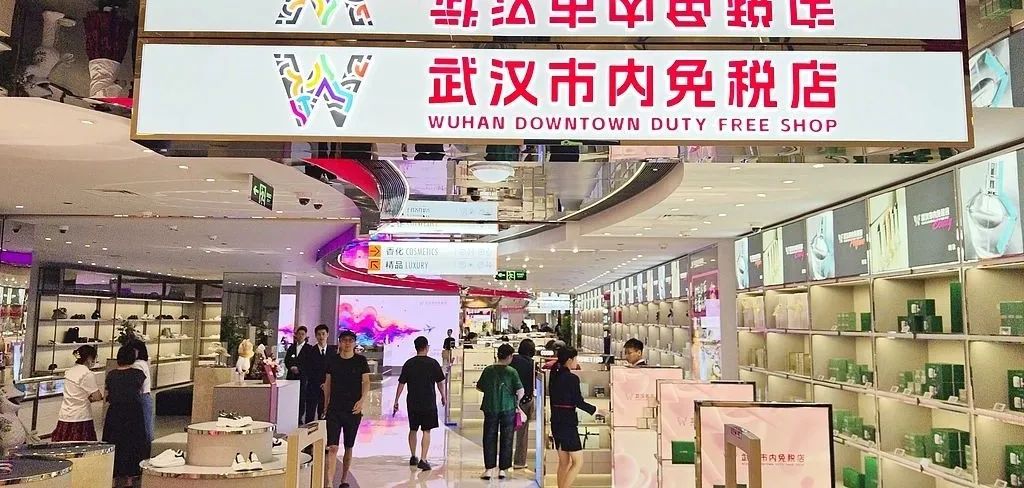
Ministry of Human Resources and Social Security
Ministry of Human Resources and Social Security has made arrangements for employment, social security, talents, labor relations, wage and income distribution, and convenience services.
employment
● Work with relevant departments to cultivate and expand employment growth points such as digital economy, green economy, silver-haired economy and night economy. Promote youth entrepreneurship supported by science and technology, and migrant workers returning to their hometowns to start businesses.
● Implement policies such as detailed employment subsidies, preferential taxes and fees, and guaranteed loans, and promote one-click application and direct subsidy.
● According to the different characteristics of college graduates and other young people, migrant workers, especially the poverty-stricken population and unemployed people, we will solidly promote special actions and increase assistance.
● Solidly carry out large-scale vocational skills upgrading training.
social security
● Steadily promote the national overall planning of endowment insurance and delay the legal retirement age. Cooperate with relevant departments to promote the implementation of individual pension policies and measures Do a good job in pension adjustment. Timely and full payment of social security benefits.
talent
● Strengthen the construction of professional and technical personnel. Revise the regulations on the management of professional title evaluation. Increase the attraction of cultivating postdoctoral young talents. Continue to strengthen the service of overseas students returning to China. Carry out continuing education on artificial intelligence for professional and technical personnel.
● Strengthen the construction of skilled personnel. Vigorously promote the implementation of the "new eight-level workers" vocational skill grading system, and promote the independent evaluation of enterprises to improve quality and expand coverage. Work with relevant departments to formulate and revise a number of national occupational standards.
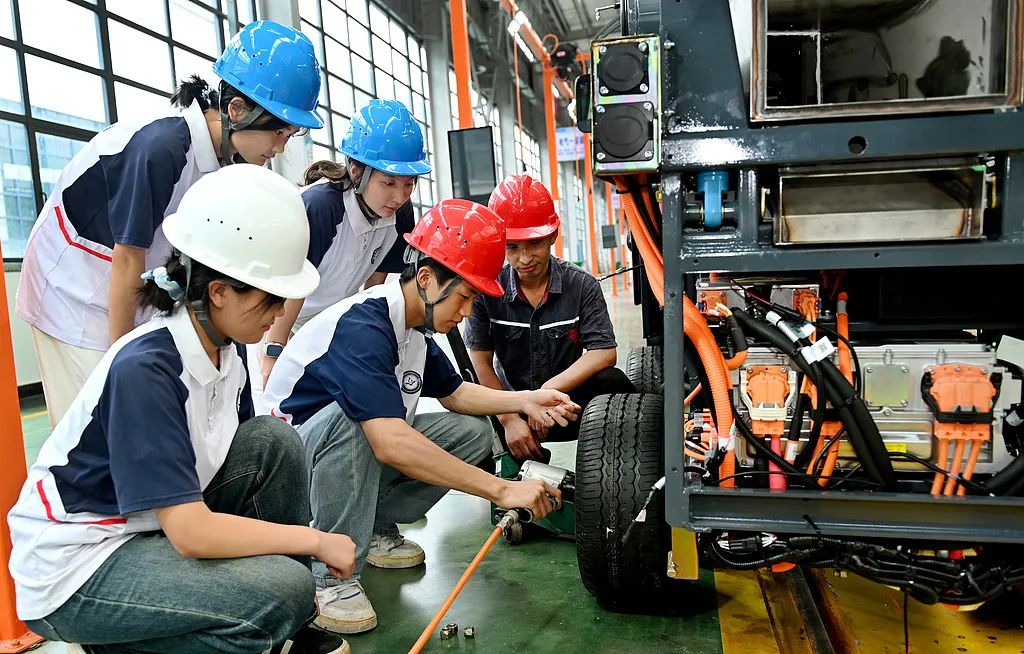
People’s Bank of China
● Continue to implement a moderately loose monetary policy. Comprehensive use of a variety of monetary policy tools to maintain sufficient liquidity and guide financial institutions to maintain reasonable credit growth. Do a good job in the implementation of various monetary policy measures. Improve the efficiency of capital use. Strengthen the implementation and supervision of interest rate policy. Maintain exchange rate flexibility and prevent the risk of exchange rate overshoot.
● Highlight the key direction of serving the real economy. Promote the rapid growth of loans for small and medium-sized science and technology enterprises, and increase financing support in key areas such as "duality" and "two innovations". Support the resolution of structural contradictions in key industries. Reasonably guarantee the financing needs of foreign trade enterprises.
● Prevent and resolve financial risks in key areas. Continue to do a good job in financial support for local government financing platform debt. Promote risk management in key areas and institutions in an orderly manner.
● Steadily and prudently promote the internationalization of RMB. Accelerate the use of RMB under the expansion of trade. Further enhance the function of RMB financing currency, optimize the integrated pool of local and foreign currency funds and the management policy of overseas listing of domestic enterprises. Develop the offshore RMB market and promote the formation of a stable and full-term liquidity supply channel.
● Promote financial market reform and opening up. We will promote the construction of a "science and technology board" in the bond market and the use of risk-sharing tools for science and technology innovation bonds, and expand the issuance scale of science and technology innovation bonds. Accelerate the formulation and revision of the bill law and the regulations on the management of corporate bonds.
● Deepen international financial cooperation. Deepen multilateral and bilateral international monetary and financial cooperation. Deeply participate in global financial governance.
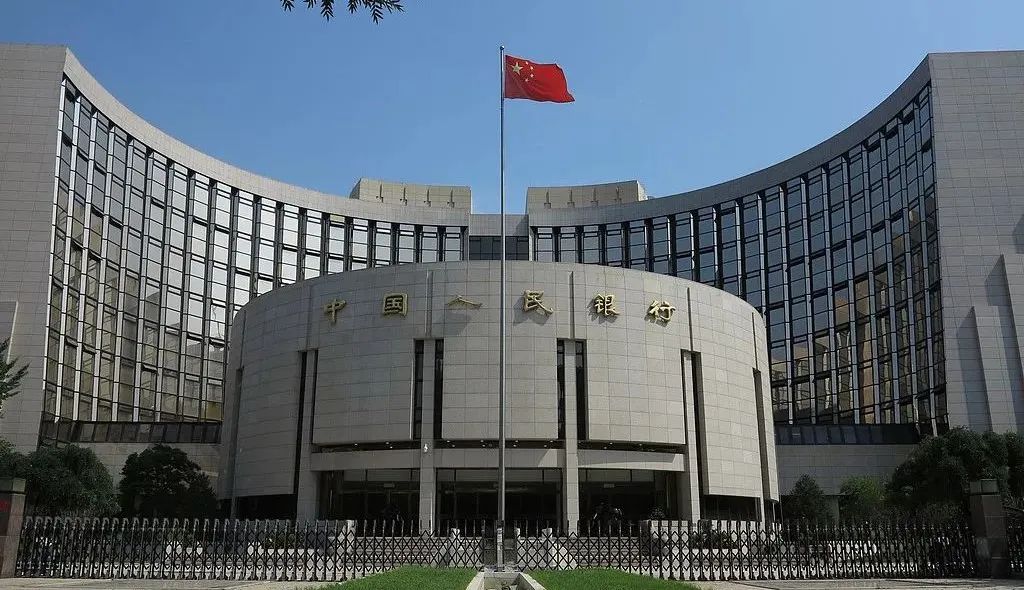
China Securities Regulatory Commission
● Make every effort to consolidate the stable market trend. Further improve the market stabilization mechanism, enhance the effectiveness and foresight of market monitoring and supervision and risk response, and strengthen the expected guidance.
● Promote the implementation of science and technology innovation board’s reform measures, launch a package of measures to deepen the reform of the Growth Enterprise Market, and continuously promote the innovation of bonds and futures products and services.
● Vigorously promote listed companies to enhance their investment value, strictly guard against interest transfer and "fish in troubled waters", and accelerate the implementation of comprehensive punishment and prevention opinions on financial fraud. We will make greater efforts to cultivate and expand long-term capital and patient capital, and vigorously promote medium and long-term funds to enter the market.
● Give prominence to cracking down on the big, cracking down on the evil and focusing on the key points, strengthen supervision coordination, improve the ability of scientific and technological supervision, improve the quality and efficiency of law enforcement, and resolutely punish illegal acts in the capital market.
● Coordinate and resolve the default risk of housing enterprise bonds and support the construction of a new model of real estate development, steadily promote the debt risk resolution and market-oriented transformation of financing platforms, and severely crack down on illegal private placement and illegal securities and futures activities.
● Steadily promote high-level institutional opening. Enhance the authority and influence of research on major issues in the capital market, and better serve the national strategy and regulatory needs.
Source: CCTV News
The copyright of the above pictures belongs to the author.
